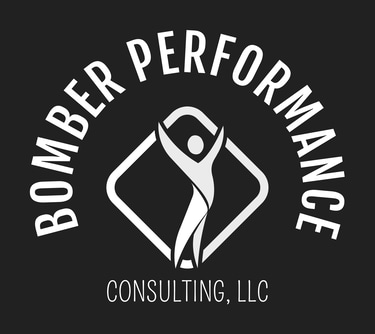MY APPROACHES
Cognitive-behavioral
Cognitive-behavioral approaches focus on how what someone thinks can impact how they behave.
Collaborative environment
This style of work focuses on what both the consultant and athlete can bring to the table to conquer optimal performance.
Scientist-practitioner model
A scientist-practitioner model utilizes empirical research to influence applied practice and our sessions together.
Person-centered
A person-centered approach means focusing on the person as a whole, and integrating other parts of their life into making their performance great.








I have adopted a person-centered approach when viewing human behavior, primarily from the Athlete-Centered Sports Model (Miller & Kerr, 2002). A person-centered approach ensures that the client is performing at their best in all areas of their life (e.g., mentally, socially, emotionally, spiritually, academically). The premise is that once an athlete or performer’s life outside the sport/performance achieves greatness, so does their sport, exercise, or musical performance. I have exemplified this through my abilities in seeing my clients through a “whole person” lens and working through other areas of their lives (e.g., social, vocational) to achieve goals in their performance domain.
Additionally, I believe in a cognitive-behavioral approach (CBT; Beck, 2011). Cognitive behavioral therapy has been a foundational perspective used to understand human performance that has helped me to understand how a client thinks, feels, and behaves. This perspective has helped many of my clients identify and reframe their thoughts in a more positive light, to reach their goals in sport, exercise, performance, and life. I also believe that by changing behaviors (e.g., setting goals), this can have a positive impact on a performer’s thoughts and feelings, which in turn can lead to continued positive behaviors and performance. Tying into the athlete-centered approach, many thoughts that a client has come from other areas in their life (e.g., school, work) and are exposed in their performance domain, which is why these two approaches work so well together.
I also believe that clients thrive and get the most from a collaborative environment. I embrace experiences in which I can learn from my clients, and they can learn from me during sessions. I also value honesty within my consulting work, both from myself and my client. Therefore, I have had discussions with my clients from the very first intake session on how important it is for them to be honest with progress and to offer suggestions they may have for success. The client is the expert of their situation and only they hold the true key to success.
My methodology follows a scientist-practitioner approach, which is based on current research in the field. I also put time into finding new research specific to populations that are less frequently studied in the field (e.g., musicians, artists) so that our sessions can be catered toward your specific performance.


